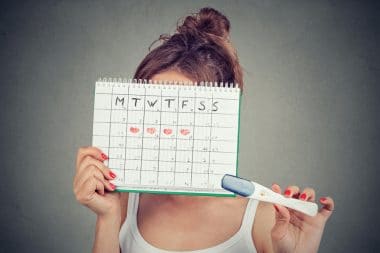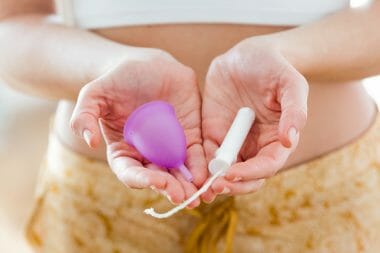Ovulation happens once a mature egg (ovum) is released and begins its journey through the fallopian tube. This is the time you are most likely to become pregnant. Ovulation calculators can help you know when this process is likely to occur, and therefore, help you conceive.

How Your Ovulation Calculator Works
Ovulation calculators work best for women who have regular periods at regular intervals. The more irregular you are the more difficult is it to pinpoint the ovulation cycle.
In order to use an ovulation calculator to the best advantage you will need to know how long it takes for one complete menstrual cycle. Your cycle is from the first day you begin to bleed until one day before you begin to bleed on your next period. This explains why you really need to be regular to use this type of calculator.
Most women ovulate between the 14th and 16th day before beginning their period, and your most fertile time is 3 days pre-ovulation and one day post ovulation. Every woman is different, and this is by no means an exact science. Begin trying a couple of days early. It may also help to know that sperm is still active in the uterus for 72 hours after copulation, but an egg only lives up to 24 hours once it is expelled from the ovary unless it becomes fertilized.
You should also know that stress can be a factor in ovulation. A particularly stressful time can even stop ovulation from happening. Try to do something relaxing just before your expected ovulation. This would be a great time to plan something stress free and romantic as a couple.
Ovulation Calculator Requirements
There are some women that this calculator will not work for:
- Women who have periods that are less than 28 days apart or more than 32 days apart.
- Women who are very irregular in their cycles.
Please also note that a period can occur without an ovulation, and you can have an ovulation without having a period. Learning specific symptoms of ovulation can help.
Make a habit of charting your cycles on a calendar. This will give you a good idea about just how regular you are, and you will always have the data you need for the ovulation calculator without guesswork.








Reply